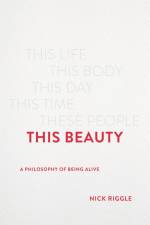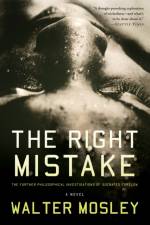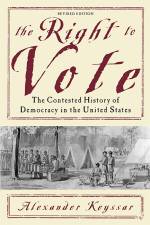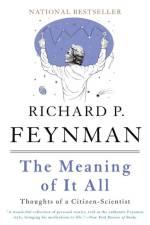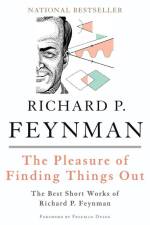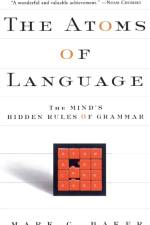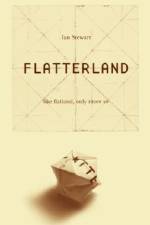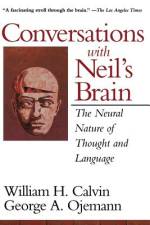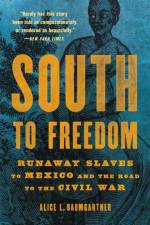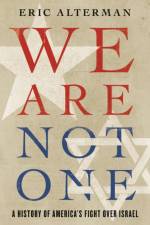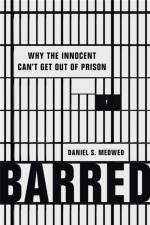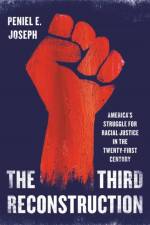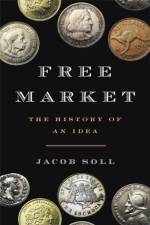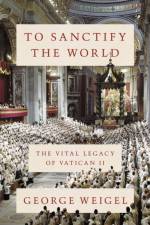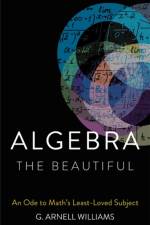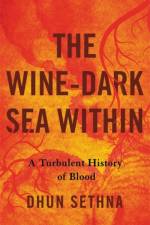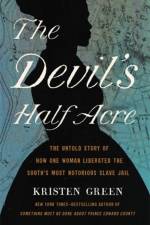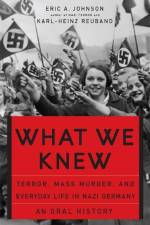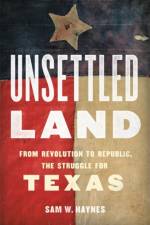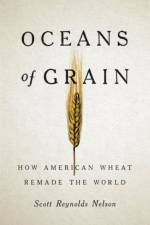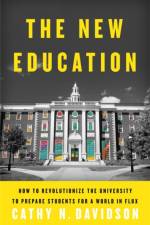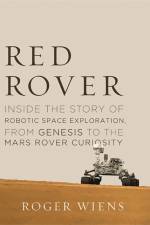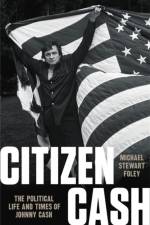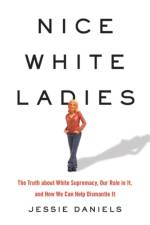av Nick Riggle
339,-
"Say you are afraid of heights. Very afraid. And say your friend is pressuring you to go sky diving with them. You're wavering, and they deliver a rousing speech about taking the opportunities you're offered. They tell you, Come on, you only live once! You relent. Why? In This Beauty, philosopher Nick Riggle investigates the things we say to inspire each other and ourselves: seize the day, treat yourself, you only live once. Riggle calls them existential imperatives, and they present a conundrum. Their meanings are at best vague, at worst stupid. They're as likely to encourage you to ride down a steep hill in a shopping cart as to marry the love of your life. They imply that you should do something wild with your life because your life is precious, which is a little like saying you should go swimming with your grandfather's watch because it is irreplaceable. And yet these exhortations can't help but be profound. We didn't choose to live this life, in this body, in these conditions. But when we consider the thought that we have only one life, that time is fleeting, or that we might die tomorrow, we often feel a tinge of inspiration, a sense of urgency. We want to embrace the life we were unwittingly given. Drawing on insights from his field of aesthetics and from his own experiences as a professional skater, an academic, and a new father, Riggle considers how they force us to confront what it means to live a worthwhile life. Existential imperatives shock us out of our predictable lives, he argues, and remind us that we aren't bound to the same thing every day, forever. Insightful and deeply humane, This Beauty offers a personal and searching inquiry into the mystery of life's beauty"--

